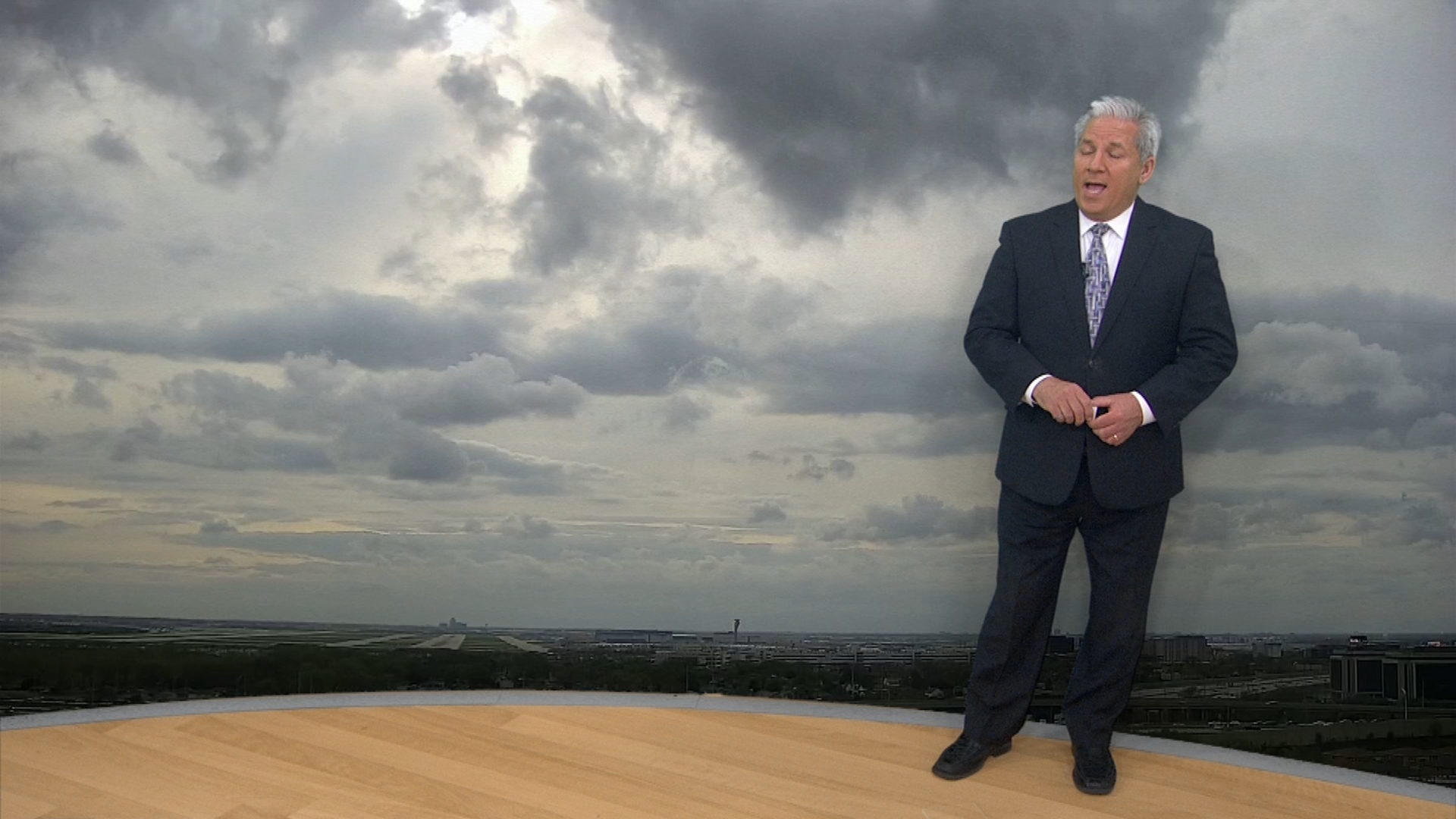As many Americans are starting to get inoculated with the new bivalent COVID-19 boosters, aimed to combat both the novel strain and the omicron variant, many are wondering if side effects may be different at all.
Chicago's top doctor discussed the boosters during a Facebook Live chat Tuesday, and offered some optimism in terms of the severity of side effects.
"We're generally hearing fewer side effects because people who are getting bivalent boosters are people who have had prior vaccines," she said. "Of course, some people have even had COVID."
She said the reasoning behind that is because vaccines are intended to teach an immune response so the more doses of the vaccine you get, especially combined with infection, the quicker your body can respond.
Feeling out of the loop? We'll catch you up on the Chicago news you need to know. Sign up for the weekly Chicago Catch-Up newsletter here.
"When you look on on the national level and in some of the studies, we're seeing even fewer side effects than we saw early on and that's what you would expect," she said. "So certainly there are people... the most common side effects report is no side effect. Next most common is pain or soreness at the site of injection, and then there continue to be some people - these are people with a more robust immune response - who sometimes for 24, up to 48 hours, can feel tired and some in some cases can have a short-term fever."
Below is a look at what side effects could be expected from the booster shot.
The Booster Shot Side Effects
- pain, redness or swelling where the shot was administered
- fatigue
- headache
- muscle pain
- join pain
- chills
- swelling of the lymph nodes in the arm where the shot was given
- nausea or vomiting
- fever
Arwady noted that for those who do experience symptoms, it is simply an immune response -- and could even be a good sign.
Local
"That is not COVID. You cannot get COVID from COVID vaccines just like you cannot get flu from a flu vaccine," Arwady said. "But that is your immune response. And as people get older, they are less likely to have side effects. As they have had vaccines before, they're less likely to have side effects and and if you have a side effect, it sometimes is not that comfortable for a day or two, but know that you have a really strong immune system, generally a really robust immune response, and it suggests a good level of protection as well."
Experts have said the new boosters may not be much different from your last dose.
"We just don't have any data on this [yet], essentially giving two vaccines in one shot — but biologically, I just wouldn't expect the side effects, severity or the safety profile of the shots to be different from the current mRNA vaccines and boosters," Dr. Paul Offit, director of the Vaccine Education Center at Children's Hospital of Philadelphia and member of an independent advisory group to the U.S. Food and Drug Administration, told CNBC's Make It.
Until now, COVID-19 vaccines have targeted the original coronavirus strain, even as wildly different mutants emerged. The new U.S. boosters are combination, or “bivalent,” shots. They contain half that original vaccine recipe and half protection against the newest omicron versions, called BA.4 and BA.5, that are considered the most contagious yet.
The combination aims to increase cross-protection against multiple variants.
The move by the FDA tweaks the recipe of shots made by Pfizer and rival Moderna that already have saved millions of lives. The hope is that the modified boosters will blunt yet another winter surge.
Appointments to receive the updated shots have been ramping up in Chicago-area pharmacies, with Illinois health officials urging community members to get the new dose.
“These new bivalent vaccines are designed to offer extra protection against the omicron variants, which are now the dominant strain of the virus," Illinois Department of Public Health Director Dr. Sameer Vohra said in a statement. "Getting up to date now is especially important for those who are at risk of serious outcomes, as the updated vaccines offer protection from hospitalization and even death.”
The vaccine is now the primary shot that will be administered to those who are eligible and looking to get boosted throughout the country.
The FDA states that those who receive the bivalent vaccine "may experience side effects commonly reported by individuals who receive authorized or approved monovalent mRNA COVID-19 vaccines."
The side effects were similar for both Moderna and Pfizer's vaccines and largely mirror expected side effects for earlier doses.
The CDC stated that side effects with the third shot were also "similar to that of the two-dose series."
The most common symptoms then included fatigue and pain at the injection site, but "most symptoms were mild to moderate."
As with previous doses of the vaccine, the CDC notes that, "serious side effects are rare, but may occur."
More than 188,000 Illinois residents have been given a dose of the newly-updated bivalent COVID-19 booster shots.
As a result of increasing demand for the bivalent vaccines, daily vaccination numbers have reached their highest point since February, the Illinois Department of Health said Friday. More than 21,000 daily doses have been administered, on average, over the past week, which is twice the daily average throughout the majority of summer.
According to the Centers for Disease Control and Prevention, only those who have completed a full COVID vaccine series -- which consists of either two Moderna or Pfizer shots, or one Johnson & Johnson shot -- are eligible to receive the modified booster. Additionally, the shots have certain age restrictions, which are listed below:
- Individuals 18 and older are eligible to receive either Pfizer’s or Moderna’s updated COVID booster shot
- Only Pfizer booster doses can be administered to those aged 12 through 17
- While those younger than 18 years old are eligible for the new COVID booster, they aren't eligible for the Moderna dose



